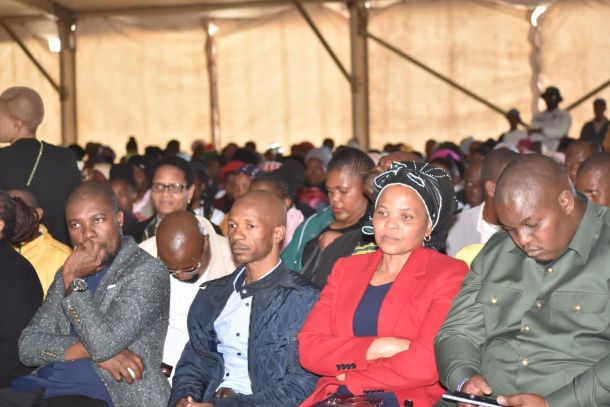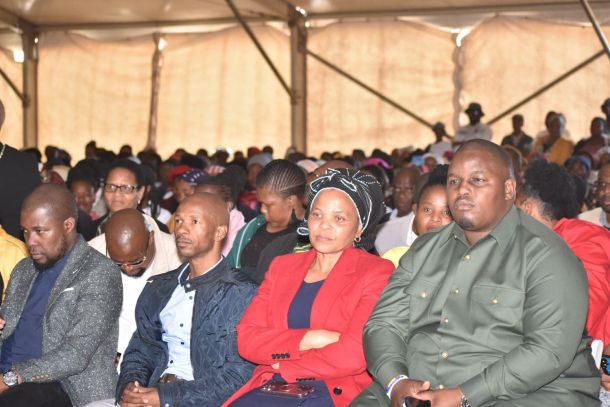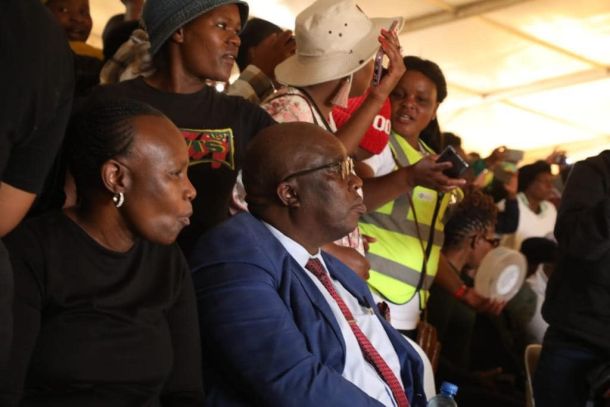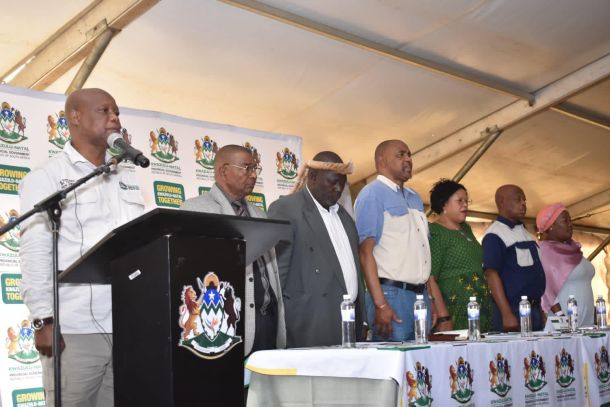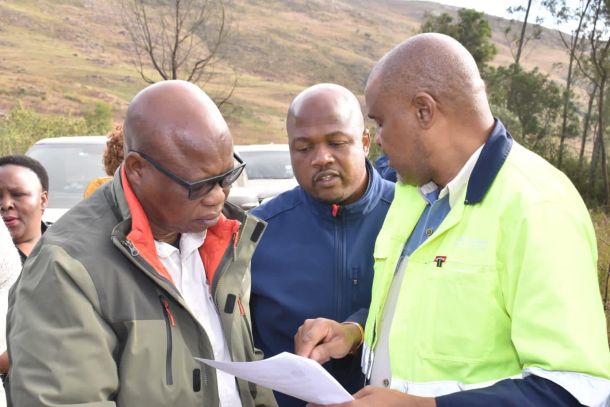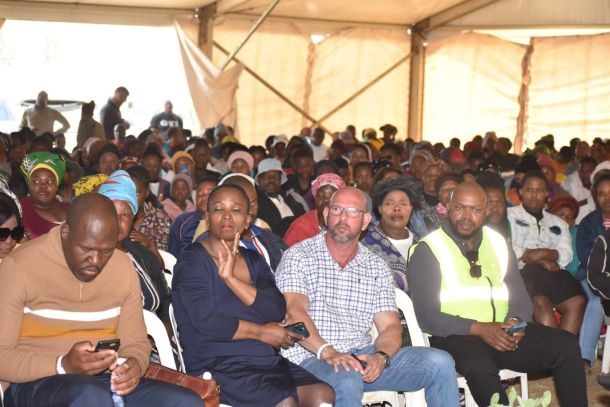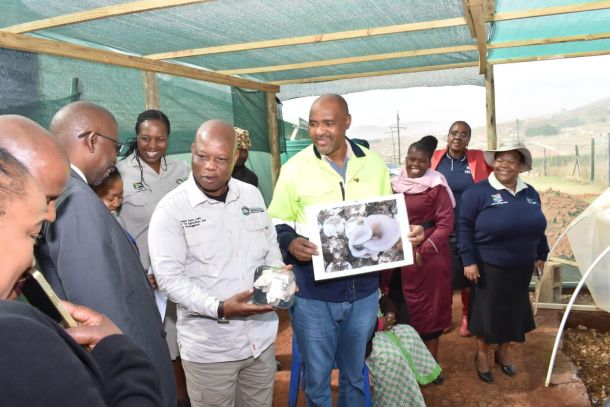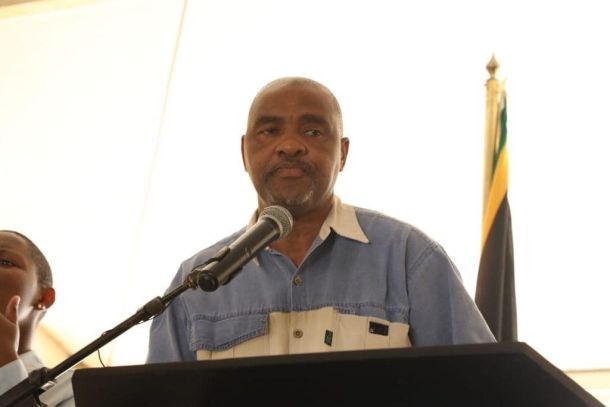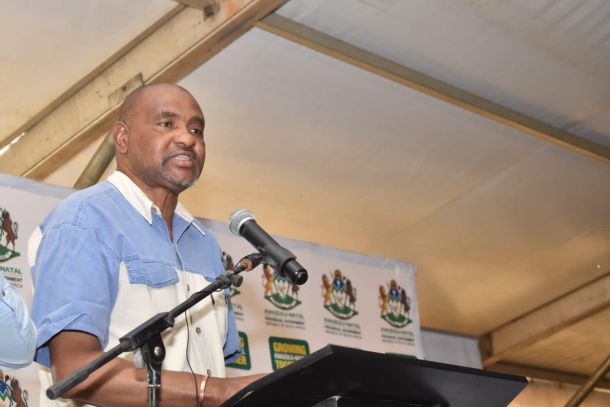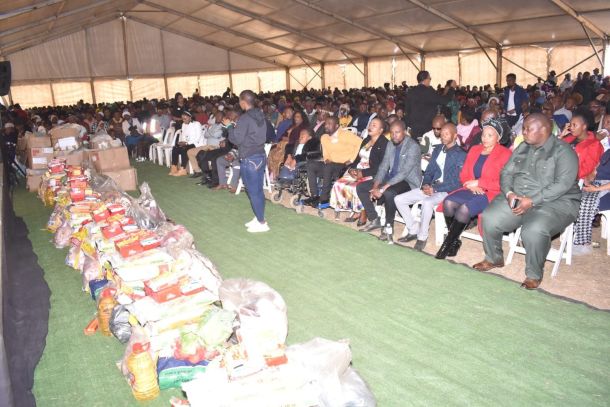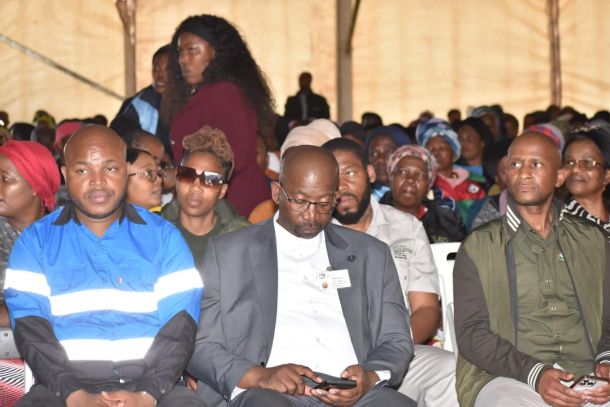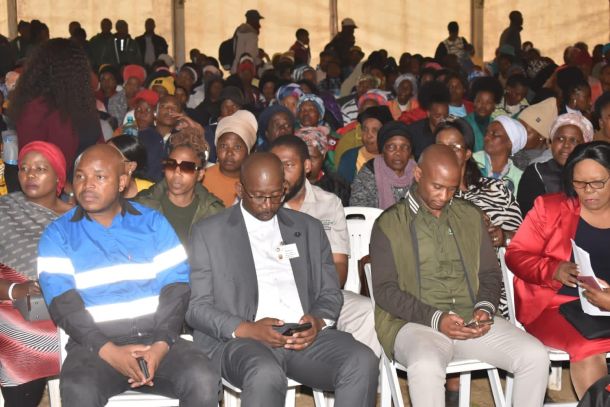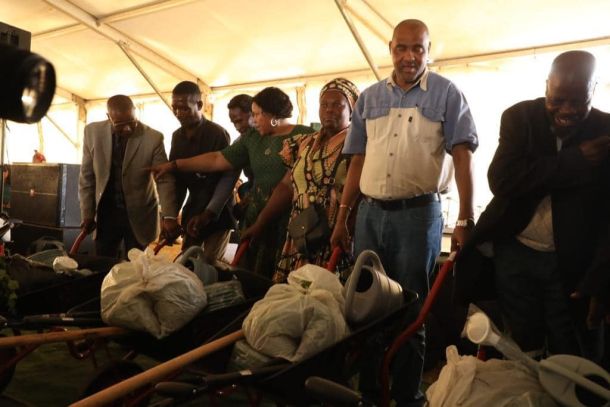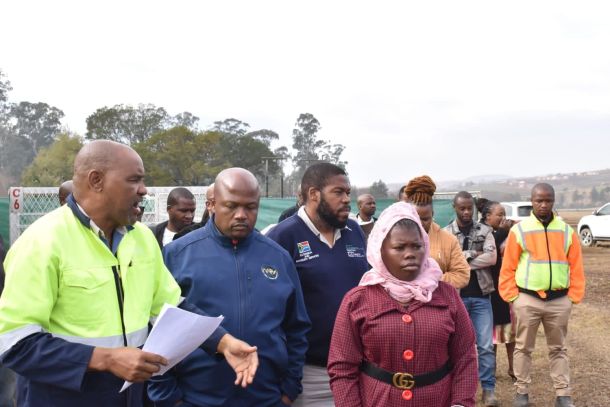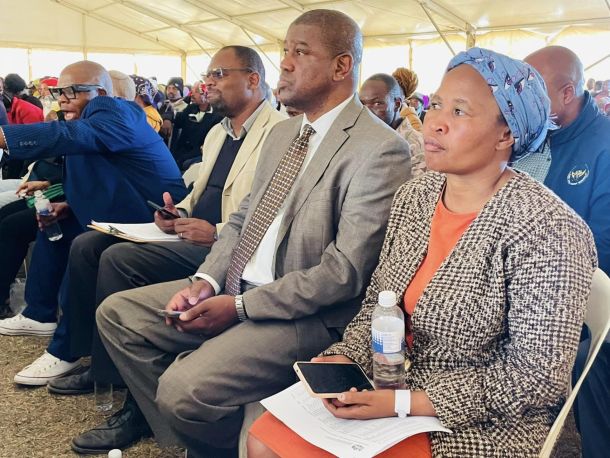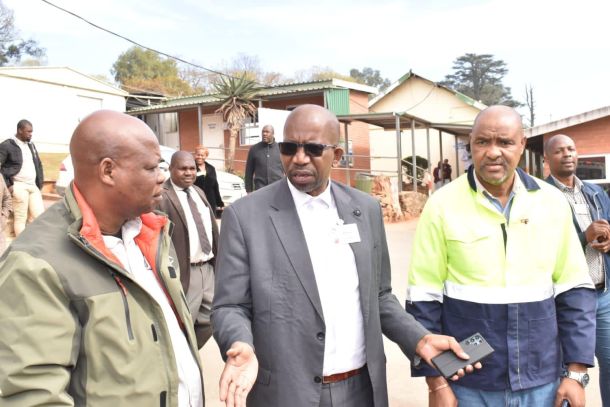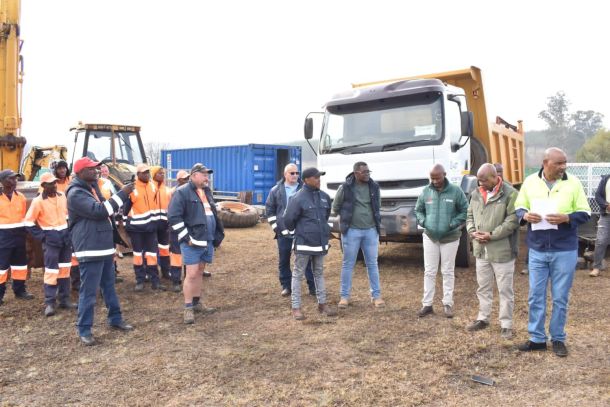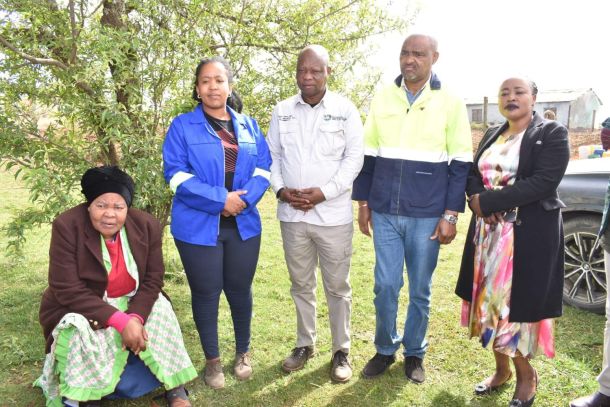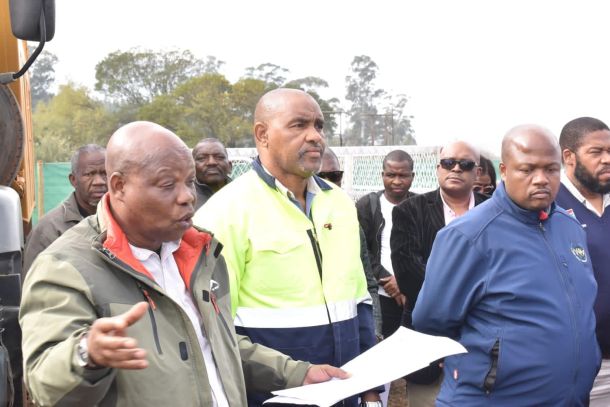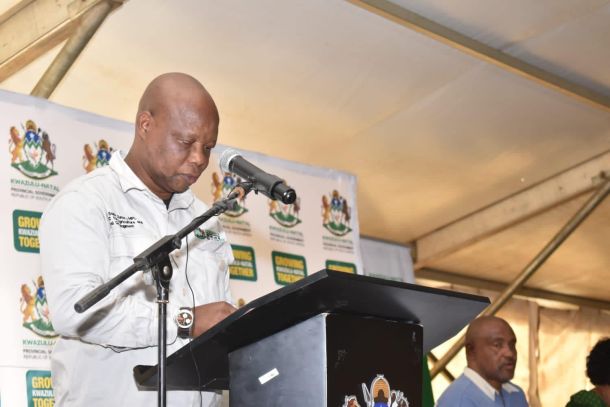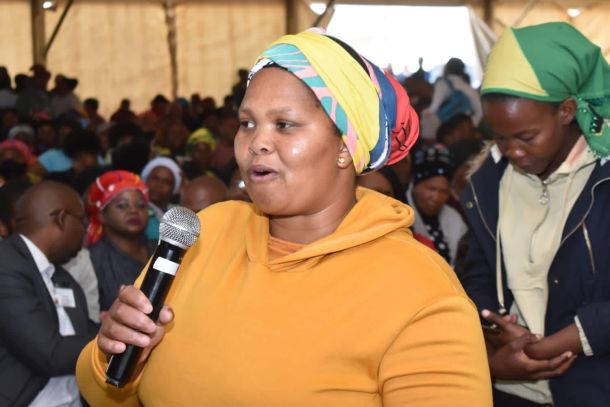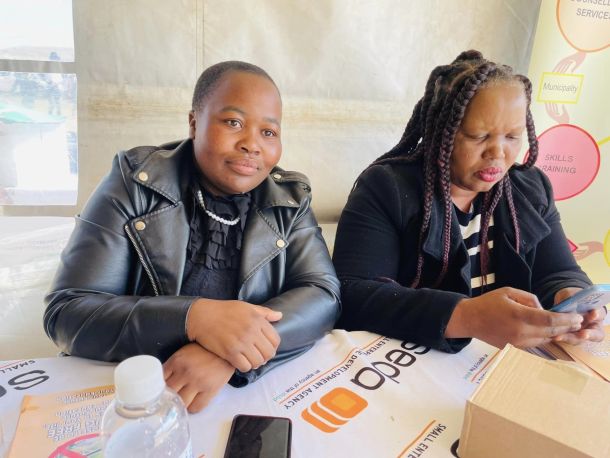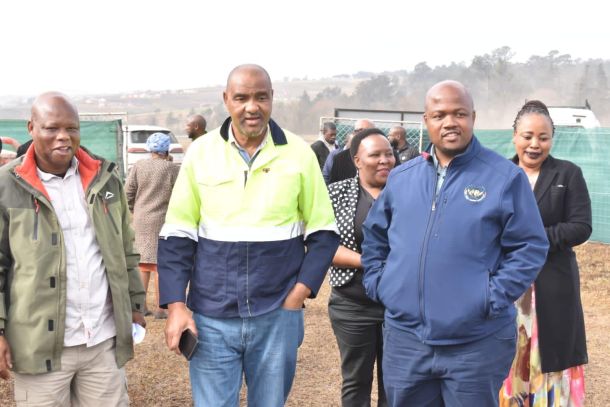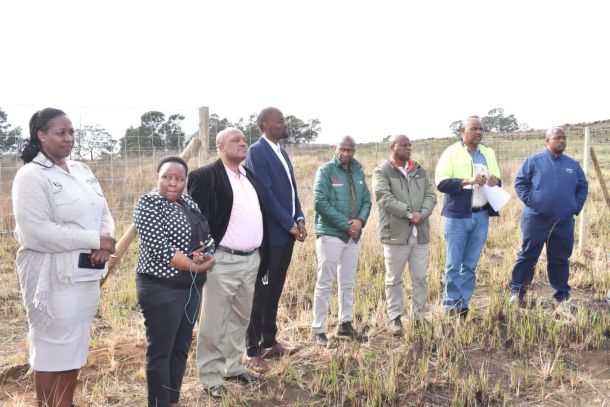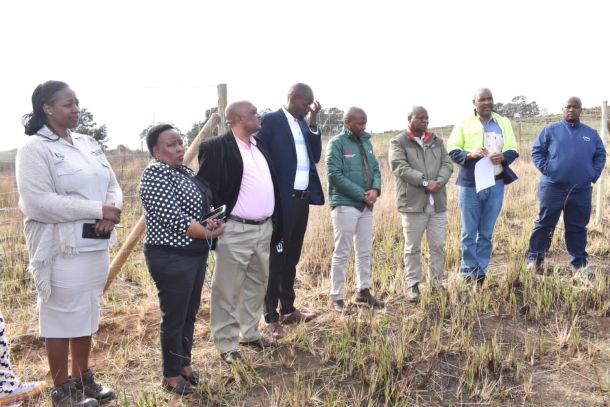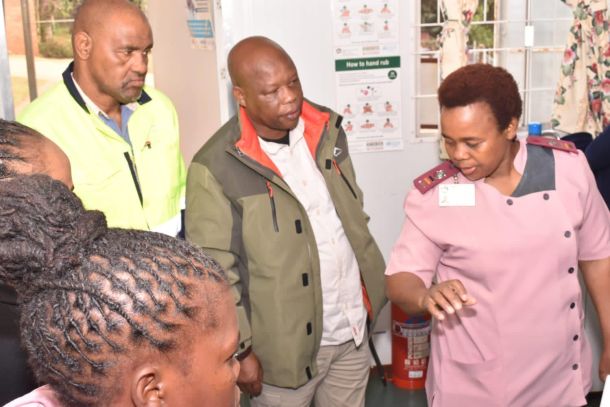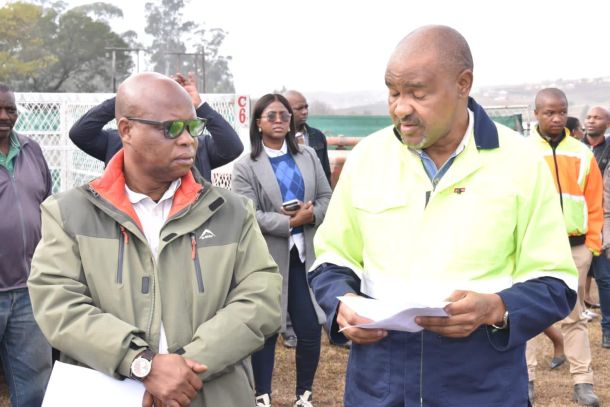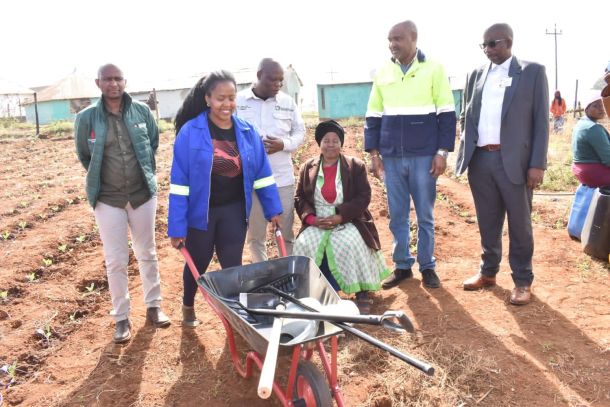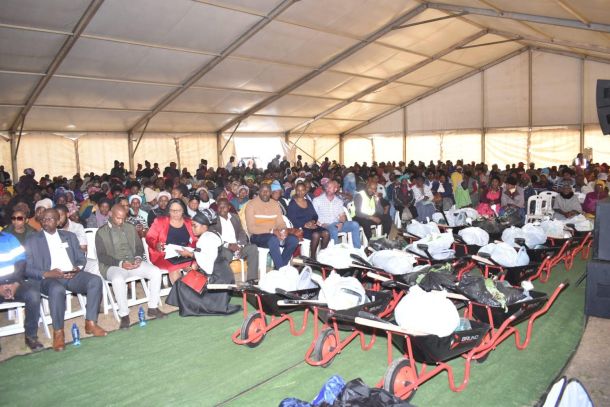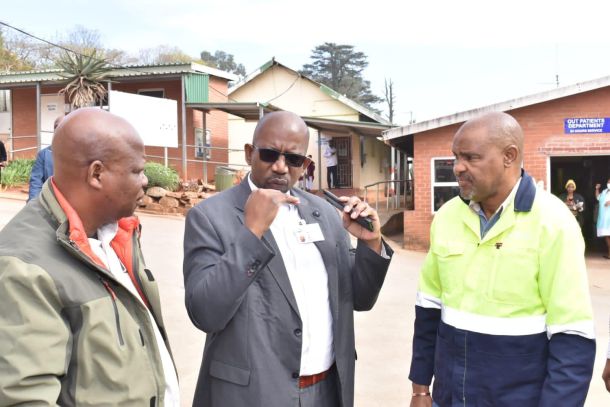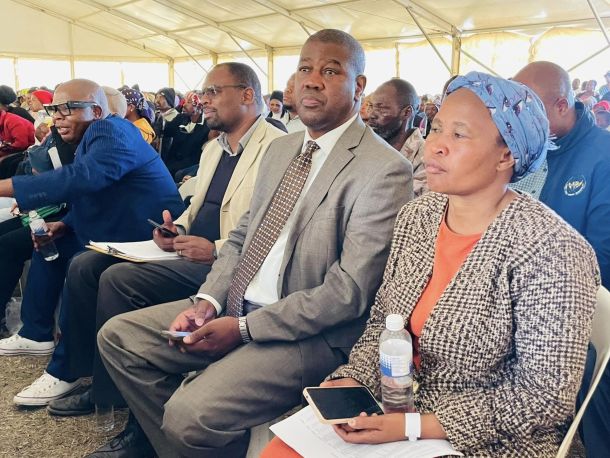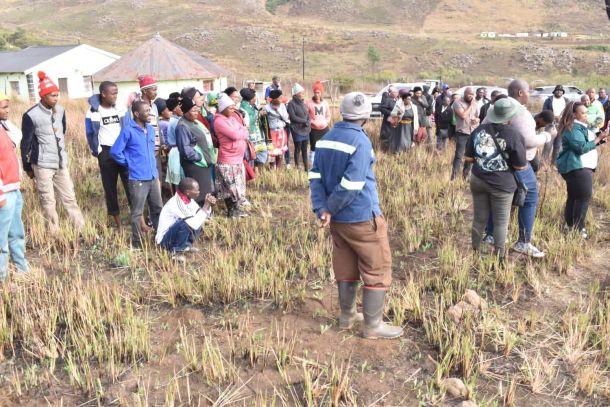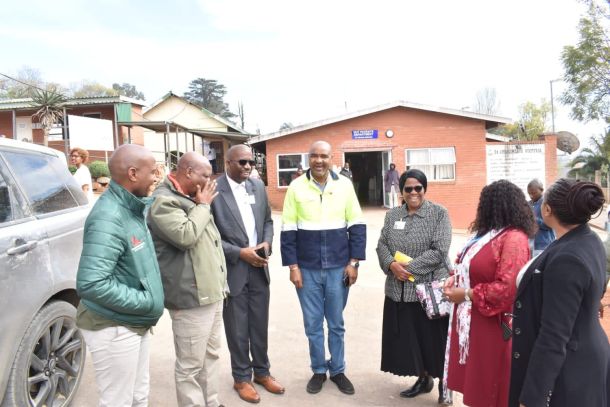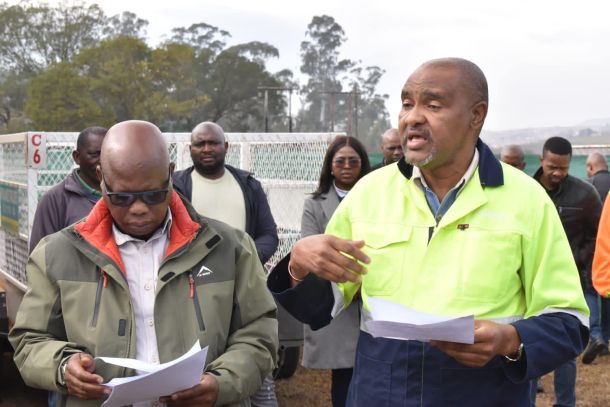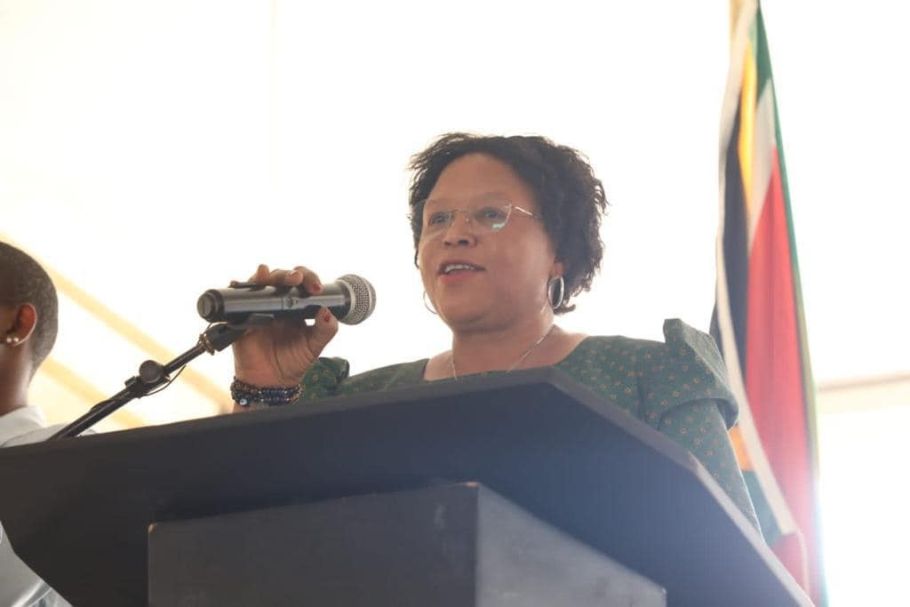Remarks by MEC Peggy Nkonyeni who was Representing the Premier Kwazulu-Natal Nomuza Dube-Ncube during the Imbizo on Drugs/Substance Abuse and Illicit Trafficking held at the NDZ Local Municipality
25 August 2023
International Day Against Drug Abuse and Illicit Trafficking is celebrated by the whole world on 26 June.The International Day against Drug Abuse and Illicit Trafficking is also known as World Drug Day which was declare by the United Nations General Assembly in 1987. This is the same day June 26 when in South Africa the Freedom Charter was adopted in Kliptown Soweto in 1955. The Freedom Charter was a commitment by the people who gathered in Kliptown that they would not rest until the country the country was free.The International Day against Drug Abuse and Illicit Trafficking is also known as World Drug Day which was declare by the United Nations General Assembly in 1987. This is the same day June 26 when in South Africa the Freedom Charter was adopted in Kliptown Soweto in 1955. The Freedom Charter was a commitment by the people who gathered in Kliptown that they would not rest until the country the country was free.When we attained our liberation in 1994 the Freedom Charter, with its opening declaration that South Africa belongs to all who live in it, became our guide as we formulated the Constitution. As we mark this international day we too want to say that we will not rest until all the drugs and illicit trafficking end in KwaZulu-Natal.We mark this day because many of our communities are affected by Substance Abuse and Illicit Drugs and this is escalating, affecting the health and safety of our communities. The illicit trade in drugs is one of the biggest threats to our fellow South Africans and must be made a priority programme as it poses danger to national security, economic growth and sustainable development.South Africa has become a major consumer, producer, and transit country for drugs and the police and border authorities are at work every day trying to stop the manufacturing and smuggling through ports of entry and dealing in and consumption of drugs. Because drugs are an internationally traded product, it is important to work in partnership with the international partners to help create a society free of drug abuse. Negative Effects of Alcohol and Drug AbuseEvery community in KwaZulu-Natal including in this Harry Gwala District is aware of the ill-effects of Nyaope and Whoonga - you see this in every town, city, urban and rural area. Cartels use criminality and violence to enforce domination over their areas, resulting in deaths, and we are seeing this in townships around Durban and most recently in the Newcastle area. Normal people who otherwise could have been outstanding members of our community and exemplary citizens, abandon their homes or become a nuisance and threat to themselves and others killing, stealing and breaking into people’s homes to get quick money to buy drugs and alcohol.This is because over time repeated long-term use of psychoactive substances affects the brain and changes behaviour completely. Substance Abuse affects those who are most vulnerable, such as the youth who experiment and get caught in the trap. Many engage in wild behaviour which they would not do if sober including violence, risky sexual behaviour and driving under the influence. When we talk about drugs and substances we refer to: - Alcohol which is the most widely used psychoactive substance in the country and is said to contribute to 58% of deaths on South African roads; - mandrax, whoonga and methamphetamine (incika) are some of the popular drugs.According to the Department of Health of Kwazulu-Natal whoonga and incika use are the most popular drugs in our province next to cannabis and alcohol amongst youth. These drugs are a major concern and have led to an epidemic of abuse in many of our communities. Alcohol remains the substance with the greatest burden of harm. The per capita consumption of alcohol in South Africa is 11 litres per person which makes us the highest drinkers in Africa and top twenty worldwide.Gender Based Violence and Abuse The rise in Gender Based Violence and Femicide is also linked to the scourge of abusing alcohol and drugs. According to the Gender Based Violence Command Centre COVID-19 report, physical, sexual, emotional, and economic violence have been reported to be the highest types of violence directed to women and children mostly because of the abuse of alcohol and other drugs. His Excellency President Cyril Ramaphosa, in his address at the Presidential Summit on Gender-based Violence and Femicide on 1 November 2018, said that GBVF is ‘a crisis that is tearing our society apart’. In August 2018 thousands of women marched on the streets of cities and towns in KwaZulu-Natal to in solidarity with the call to end violence and murder against women. Substance abuse also has a strong link with other social ills and chronic diseases such as violence; crime; HIV/AIDS, Hepatitis, TB, Foetal Alcohol Syndrome; injuries and premature deaths. Alcohol consumption contributes to traumatic outcomes that kill or disable people at a relatively young age, resulting in the loss of many years of life to death and disability.TEENAGE PREGNANCY We also feel that teenage pregnancy is fueled by abuse of alcohol and drugs. According to the report, from 01 April-December 2022 a total of 8 152 children between age 10-14 years and 15-19 delivered babies in state facilities. Even more shocking is that out this number 627 or 8% were children between ages 10-14 years from across all 11 districts.Specifically, the Department of Education reports that the total number of learners in KwaZulu-Natal public schools who fell pregnant during 2022 was 825. The highest number of learner pregnancy is in the uGu District has the highest number of learner pregnancy in KZN province with 259 learners or 31% to the overall provincial learner Pregnancy statistics. Alcohol abuse is linked to deaths on our roads and violence in our communities costing the country R38 billion a year. The Medical Research Council, there is a liquor outlet for every 190 persons in South Africa, and the overall prevalence of alcohol abuse is likely to be as much as 30% among certain groups.WAGING WAR AGAINST DRUGS AND ALCOHOL ABUSE In our province the Department of Social Development is responsible for driving the fight against substance abuse working closely with the Justice Crime Prevention and Security Cluster Departments as well as Civil Society Organisations. This fight is not however only the responsibility of government. If we tackle this scourge together, we will defeat the abuse of substance and illicit trafficking with all communities, stakeholders and business having a major role to play.The Provincial Government is collaborating with strategic partners and Non-Government Organisations in the provision of Sexual Reproductive Health Rights to prevent teenage pregnancy.The Office of the Premier will continue to conduct District Teenage Pregnancy dialogues which as we build towards holding the Provincial Child and Teenage Pregnancy Summit. The stakeholders to be involved in the dialogues are Departments of Education, Social Development, Health, Civil Society sectors, District AIDS Council Coordinators, community members including parents and youth and leaders of communities.The Department of Social Development is working in partnership with the Department of Education to implement the Early Intervention Programmes on Teenage Pregnancy. The Department of Education and Social Development prioritized the Prevention and Early Intervention Programmes on Teenage Pregnancy.Overall, the Provincial Government is now incorporating Behaviour Change programmes in all our programmes including Imikhosi to ensure services are provided to people who participate in events coordinated by the Department of Sport, Art and Culture and COGTA.Substance abuse must be addressed regardless of economic class, race, colour, gender and the professional status of an individual. We must do everything to reduce the demand for, supply of and the harm associated with the use and abuse of drugs and alcohol.While factors like unemployment, low self-esteem, educational failure, boredom and physical, psychological and or family problems influence the start of these habits, we think this is not justification.On this day and every year International Day Against Drug Abuse and Illicit Trafficking helps us create awareness about the harmful effects of substance abuse and its negative effects on communities. This day also helps us intensify the fight to reclaim our brothers and sisters, our children from the grasp of Alcohol and Drug Abuse. The Department of Community Safety and Liaison has developed a monitoring tool administered by service monitors in police stations. The tool links schools within their policing precinct enabling them to have direct contacts with school principals. The schools are being randomly searched by SAPS.The Department of Social Development in collaboration with Department of Education and key stakeholders will hold school safety programs including Dialogues, Indaba, Youth empowerment as well as school safety campaigns. Drug Prevention programmes are conducted in schools on an ongoing basis and in communities focusing on the harmful effects of substance abuse, binge drinking amongst children and youth. Working with the South African Police Services law enforcement and creating awareness among learners and over the 2022/23 period 204 766 people were reached through substance abuse prevention programmes. The Department of Social Development is working in partnership with the Department of Education in terms of implementation of Prevention and Early Intervention Programmes.The Ke-Moja Drug Prevention Programme is conducted in schools in all the 11 Districts of our province. Dialogues on substance abuse are conducted in schools as part of creating awareness, general information sharing on substance abuse is being done in all schools by the department jointly with stakeholders.In terms of Act 70 of 2008 there must be at least one public treatment centre in the province. The Department of Social Development is managing 3 state owned registered public treatment centres known as Madadeni Rehabilitation Centre for male adults only and Khanyani Treatment Centre for children(boys and girls) in the Amajuba District and Newlands Park Centre in eThekwini North District. The Department has also funded two NGOs to render in-patient treatment services known as SANCA-Durban in eThekwini Metro and Sitholimpilo Rehabilitation Centre in the Ugu District. In addition, Social Development as funded 21 substance abuse community-based organizations in all the 12 Districts. These render prevention programmes, early intervention, treatment services and re-integration and aftercare services. In addition, the Department is in the process of establishing two treatment centre in the Ugu District and Ilembe District.Harry Gwala, SANCA Msunduzi; eThekwini North SANCA Durban and Sakhisizwe Organization; eThekwini South, the Anti- Drug Forum; Amajuba, SANCA Newcastle; King Cetshwayo SANCA Empangeni and Sinqobile Community Based Organization; uThukela, SANCA Ladysmith; iLembe, Asibahlenge Youth Organization; uMzinyathi, SANCA Nquthu; uMgungundlovu SANCA Msunduzi and Umzansi Youth in Business; uMkhanyakude, SANCA Jozini, Akehlulwa Lutho Organisation and Solid Organization in Rural Foundation (SORD); uGu, Sitholimpilo Rehabilitation Centre; and in Zululand, SANCA Nongoma.Key Messages - Be Smart – Do not start! - Drug and Alcohol abuse destroys lives. - Drugs and Alcohol can harm your baby and lead to the foetal alcohol syndrome. - Abuse of Drugs and Alcohol costs lives on our roads - Drugs and Alcohol lead to GBVF - Communities must live healthy, and not use and abuse drugs - Fighting the Scourge of Substance Abuse is Your responsibility. - We must display Zero tolerance to the supply of drugs - Law Enforcement will display Zero Tolerance to Drug and Alcohol Abuse - Search & Seizure will be conducted in schools - We call for harsher sentences for suppliers of drugs
